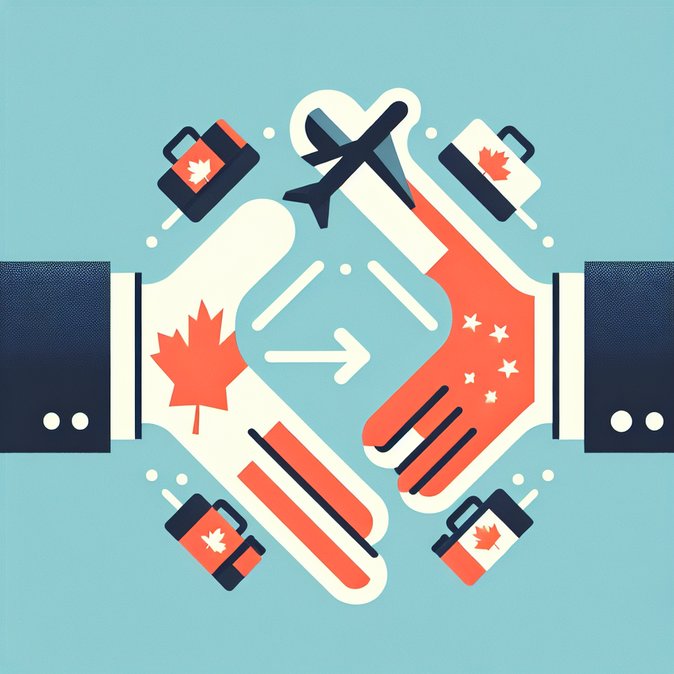
Chinese Foreign Minister Wang Yi told his Canadian counterpart Anita Anand that Beijing is ready to “resume exchanges and cooperate in various fields,” according to a read-out released Tuesday by Xinhua News Agency. The phone call, coming less than a month after President Xi Jinping’s discussion with Prime Minister Mark Carney at the APEC summit in South Korea, marks the most conciliatory language from either side since the bilateral rift that began with the 2018 Meng Wanzhou arrest.
Although no specific sectors were named, Canadian officials see an opening to revive stalled dialogues on agriculture, agri-food inspections, clean-tech investment and, crucially, the long-dormant Canada-China Aviation Accord that facilitates additional passenger and cargo flights. Business councils representing exporters of canola, pork and lobster quickly welcomed the tone shift, noting that travel visas for Canadian agri-food inspectors have faced extended processing times since 2021.
![China calls for renewed exchanges with Canada after leaders’ APEC meeting]()
Diplomats caution that substantive progress will depend on addressing outstanding human-rights and security concerns, including alleged foreign-interference networks in Canada. Nonetheless, the resumption of working-level talks could ease travel friction for executives and students shuttling between the two countries. Prior to the pandemic, China accounted for nearly one-quarter of Canada’s long-haul business-travel market.
For multinational companies, the immediate takeaway is to monitor forthcoming notices from the IRCC and the Chinese Embassy in Ottawa for any relaxation of visa-appointment backlogs or quarantine requirements. Travel-risk teams should also revisit contingency plans for employees in Greater China as geopolitical dynamics evolve.
If managed carefully, a calibrated détente could restore bilateral air capacity, shorten business-visa queues and reopen pathways for Canadian universities seeking to re-engage prospective Chinese graduate students—a demographic that has declined by more than 35 % since 2020.
Although no specific sectors were named, Canadian officials see an opening to revive stalled dialogues on agriculture, agri-food inspections, clean-tech investment and, crucially, the long-dormant Canada-China Aviation Accord that facilitates additional passenger and cargo flights. Business councils representing exporters of canola, pork and lobster quickly welcomed the tone shift, noting that travel visas for Canadian agri-food inspectors have faced extended processing times since 2021.

Diplomats caution that substantive progress will depend on addressing outstanding human-rights and security concerns, including alleged foreign-interference networks in Canada. Nonetheless, the resumption of working-level talks could ease travel friction for executives and students shuttling between the two countries. Prior to the pandemic, China accounted for nearly one-quarter of Canada’s long-haul business-travel market.
For multinational companies, the immediate takeaway is to monitor forthcoming notices from the IRCC and the Chinese Embassy in Ottawa for any relaxation of visa-appointment backlogs or quarantine requirements. Travel-risk teams should also revisit contingency plans for employees in Greater China as geopolitical dynamics evolve.
If managed carefully, a calibrated détente could restore bilateral air capacity, shorten business-visa queues and reopen pathways for Canadian universities seeking to re-engage prospective Chinese graduate students—a demographic that has declined by more than 35 % since 2020.











